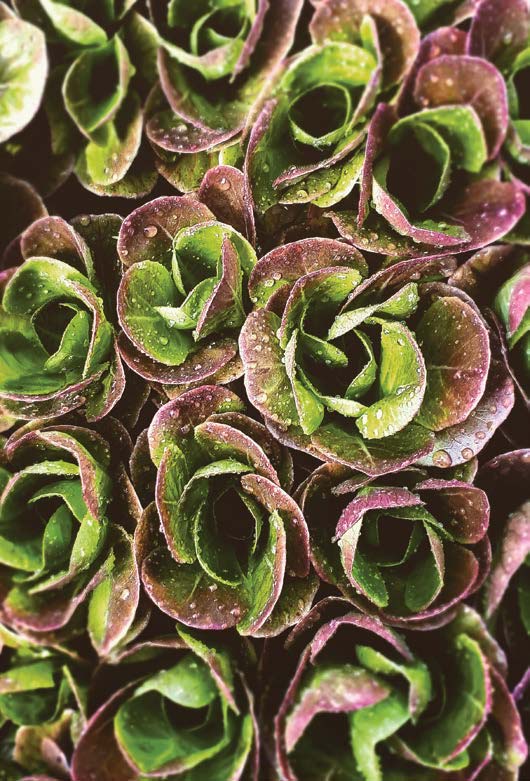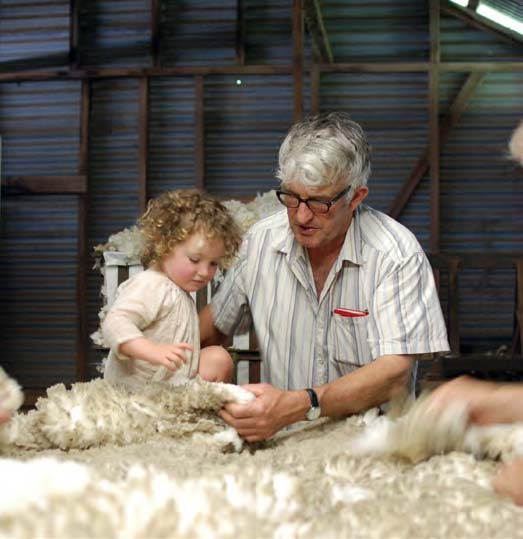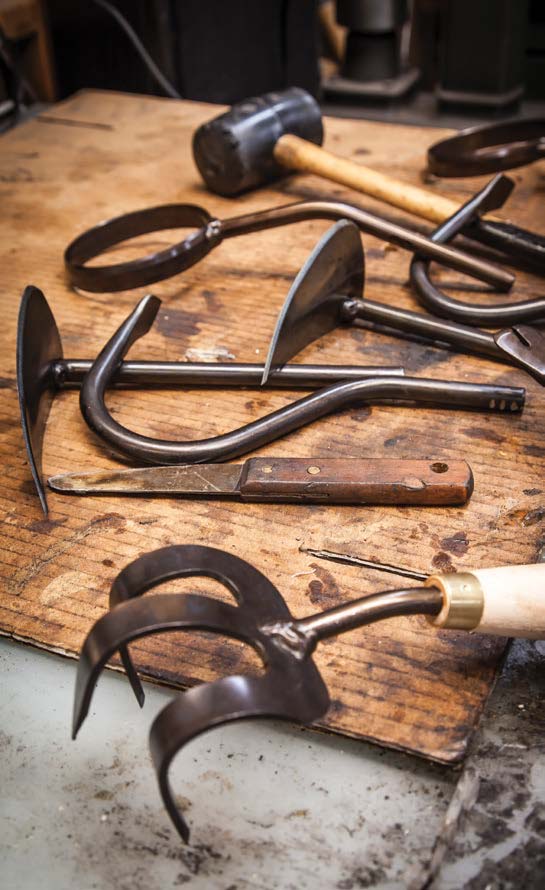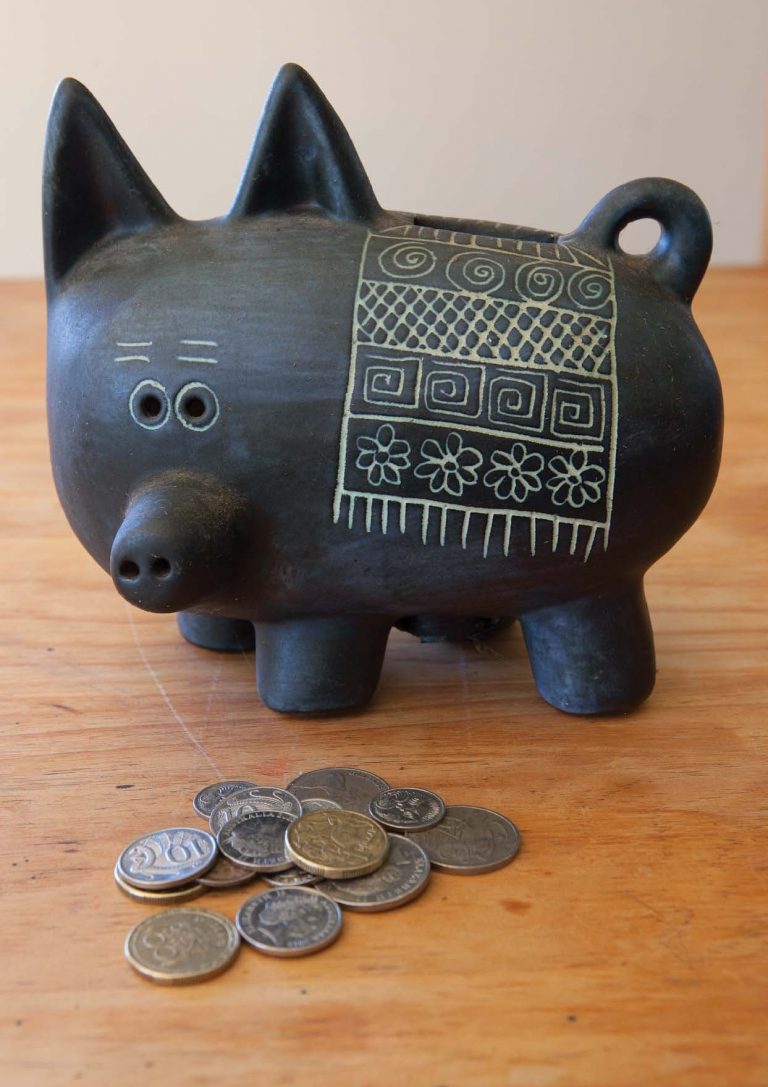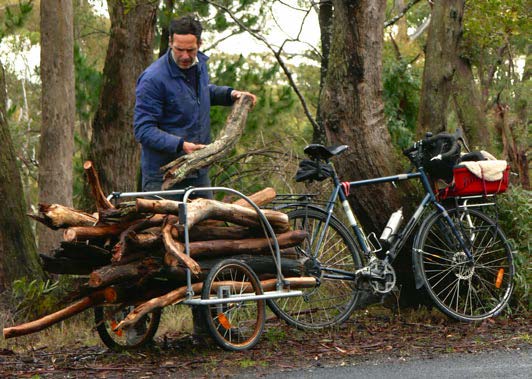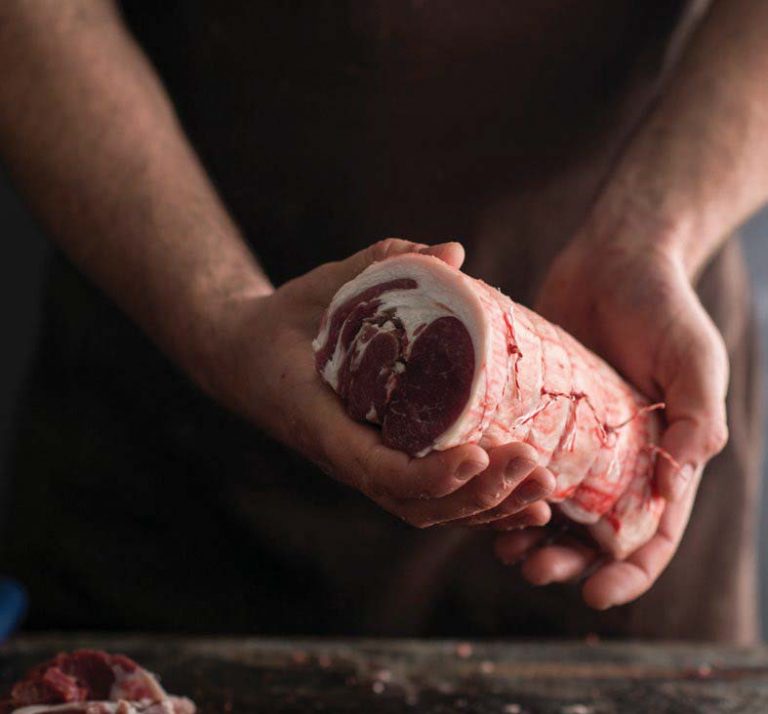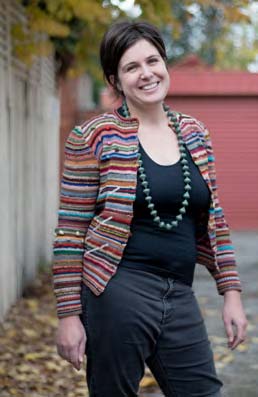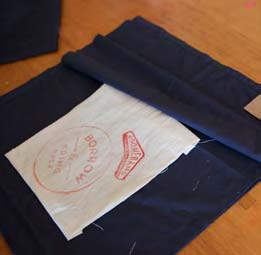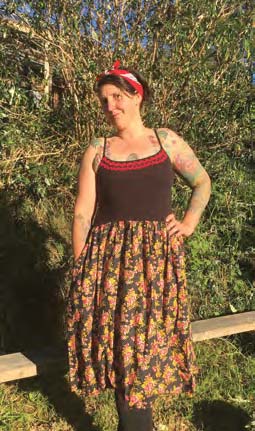Permablitz: Working Together

As its name suggests, a permablitz is a permaculture version of a backyard blitz. It’s a great way for like-minded people to get together, share knowledge, food and friendship, and build better edible gardens.
A permablitz sees a group of people come together to implement a permaculture design on one member of the group’s property. The lucky host (the owner or renter of the property) gets a permaculture design done for them and what would be months of work, completed in a single day. In return, the host must provide the materials as well as a healthy and filling lunch, drinks, and morning and afternoon tea.

